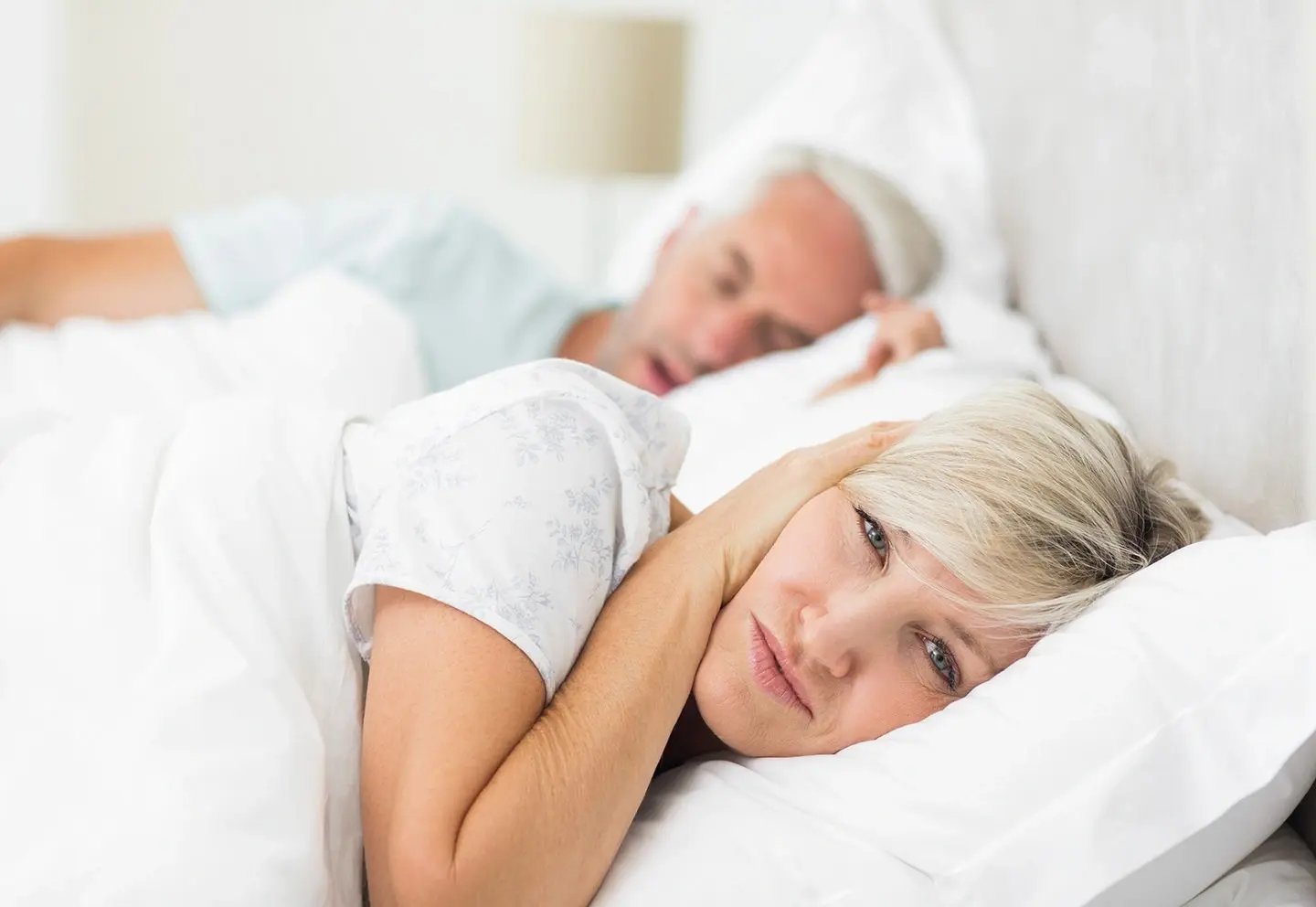Snoring

Here are some of the other related articles
Please click and select from the dropdown menu
What is snoring?
Snoring occurs when airflow is partially restricted due to an obstruction in the airways. The sound produced when snoring while asleep occurs when air is restricted either through the nose or in the throat.
When air is breathed in and out, the surrounding tissue vibrates, causing that familiar shuddering sound. If muscles relax too much, they can cause a complete blockage in the airway, which stops breathing altogether, causing a person to choke or cough to clear it.
Who does snoring affect?
Snoring is not uncommon. It can be temporary or permanent. Approximately 50% of all adults snore on occasion, while around 25% of all adults are routine snorers. Both men and women snore but it is more common in men. The severity of the snoring typically increases as we get older.
Snoring can cause problems for both the snorer and their bed partner. It can sometimes be so disruptive that a partner sleeps in another room. For the snorer, snoring can result in them getting a poor night’s sleep and waking themselves up regularly with the severity of their own snore. For the partner who stays in the room, they may suffer from frequent disturbances as a result of the constant snoring which leaves them tired and unrefreshed the next day. If this happens night after night, both parties begin to feel all the negative symptoms of sleep deprivation.
Snoring and sleep apnea
Snoring may not just be a problem due to the noise and the disruption. It can often also be a sign of sleep apnea.
Sleep apnea is a common disorder in which you have one or more pauses in breathing or shallow breaths while you sleep.
Snoring can be treated with a number of options including EPAP therapies such as Provent and anti-snoring mouthguard or mandibular oral devices like snoremender.
Before treating snoring it is important to rule out sleep apnea from the equation. The first step is to take the online sleep assessment to see whether your symptoms are an indication of sleep apnea. A sleep specialist will then contact you with your results and let you know if it advisable to take a home sleep test. A home sleep test will diagnose whether you have sleep apnea.
.webp?width=1158&height=143&name=Combined%20logo%20-%20Ecom%20Main%20300x200%20(1).webp)